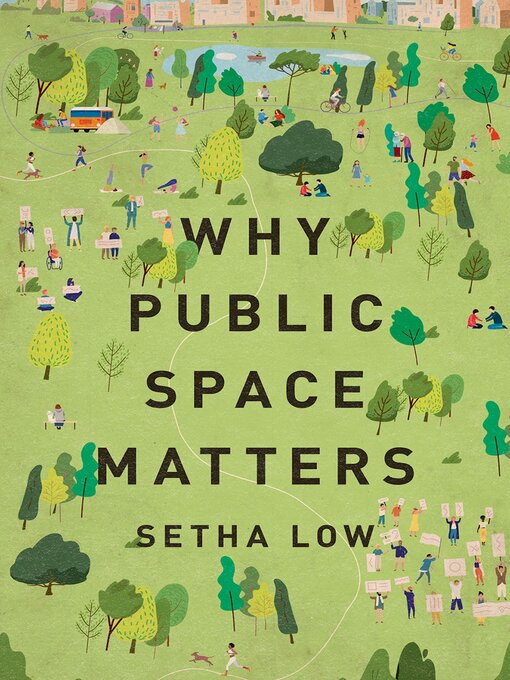- New audiobook additions
- New kids additions
- New teen additions
- Most popular
- See all audiobooks collections
- Food & Cooking
- News & Politics
- Celebrity
- Travel & Outdoor
- Business & Finance
- Fashion
- Art & Architecture
- Culture & Literature
- Family & Parenting
- Hunting & Fishing
- Tech & Gaming
- Health & Fitness
- Crafts & Hobbies
- See all magazines collections


